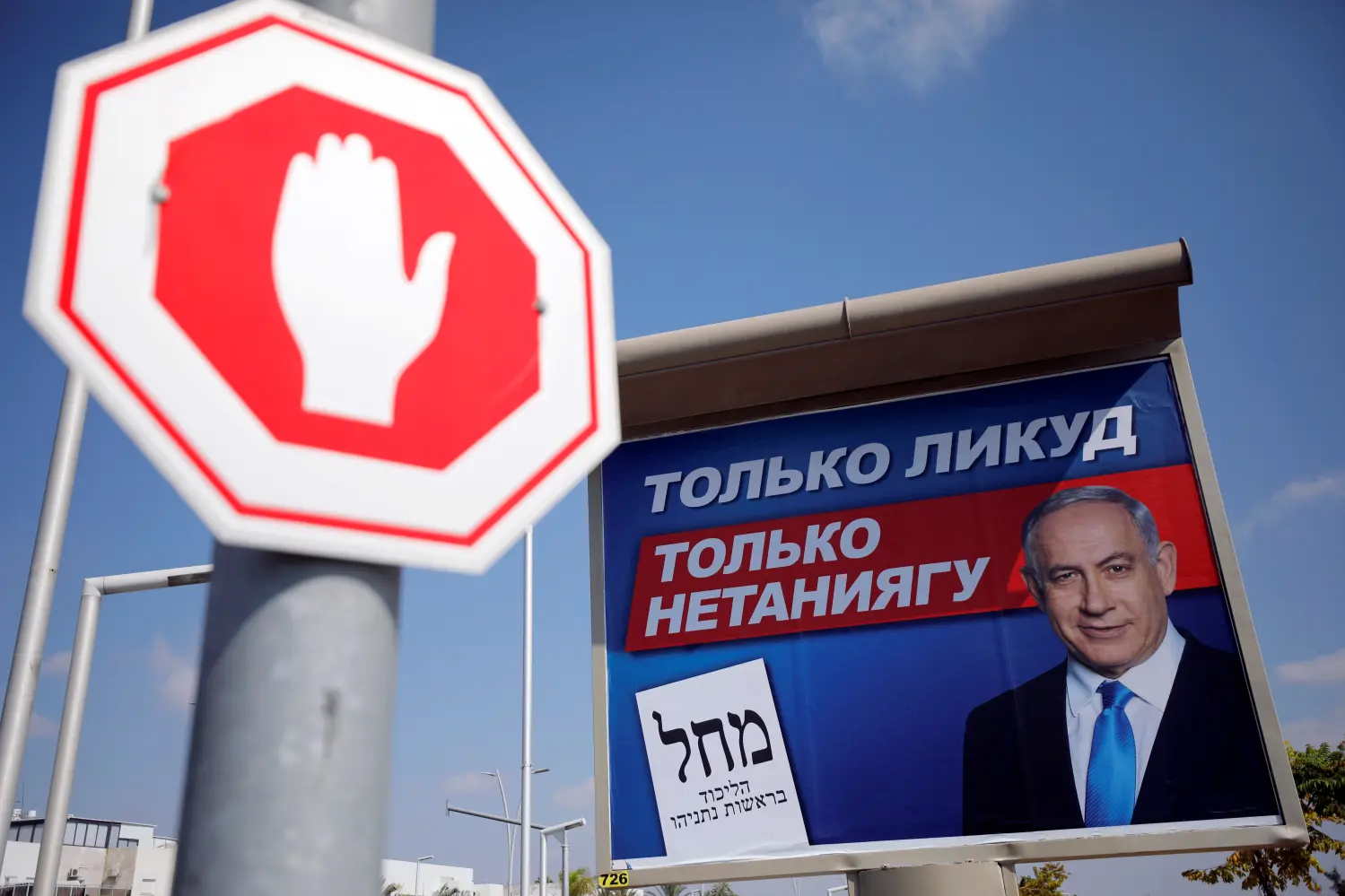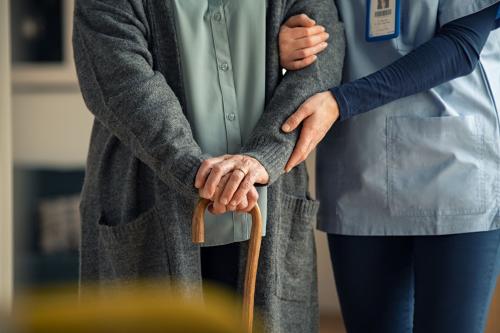EXEcutive Summary
The over one million people who immigrated to Israel from the former Soviet Union in a wave from the beginning of the 1990s have changed Israel to its core — socially, politically, economically, and culturally. Within the first six years, they formed what became a large secular nationalist political camp that secures right-wing rule to this day. Experts both in Israel and Russia define the socio-political profile of the first generation of these immigrants as a prototype of “Homo Sovieticus”; its leading political representative, former foreign minister and defense minister Avigdor Lieberman, who heads what is still perceived as the only “Russian” sectarian party, is often seen as a “post-Soviet” leader, void of ideology, promoting an agenda of fear and incitement. Lieberman’s newly adopted anti-Orthodox agenda appeals to the younger Russian-speaking generation and empowers — at present — parliamentary and extra-parliamentary opposition to his former ally, longstanding Prime Minister Benjamin Netanyahu.
The paper examines the emergence of the younger generation (Generation 1.5) of the Russian-speaking community, now in the process of redefining their political agenda and carving their role in Israeli politics and public sphere. The process can be defined as a transition from being “guests” in a host society to active hosts themselves.
This wave of immigrants finds itself on two unresolved collision courses. First is the unbridgeable gap between the Zionist secular Law of Return that allows all Jews to settle in Israel, and the rabbinical Orthodoxy in charge of their absorption, which defines hundreds of thousands of members of the Russian-speaking community as non-Jews under Halachic law. They become victims of the empowerment of Orthodoxy by the political alliance they formed with Netanyahu. The other collision course, between the Jewish Law of Return and the total denial of Palestinian right of return, is a constant source of friction and animosity between the two communities and their leaders. Both collision courses shape Israeli society and politics, with Netanyahu and Lieberman in particularly using tensions to drive wedges between sectors of the population.
Three decades since the onset of this wave of immigration, there is still a distinct Russian-speaking community, culturally and politically, often misunderstood by veteran Israeli society and politicians. While Israel’s shrinking political left continues to perpetuate its detachment from the community, leaving the arena to right-wing indoctrination, gradual changes in the political affiliations of the community can still be detected in recent years. The terms “right” and “left” within the Russian-speaking community differ from their definition in veteran Israeli society, a factor often overlooked by politicians.
The paper underlines the profound differences between this huge wave of immigration and preceding immigrations to Israel, arguing that unlike others, the Russian immigrants never aimed for “absorption,” as perceived for decades, but rather for leadership. Some political scientists presume the Russian community will be Israel’s future elite.



